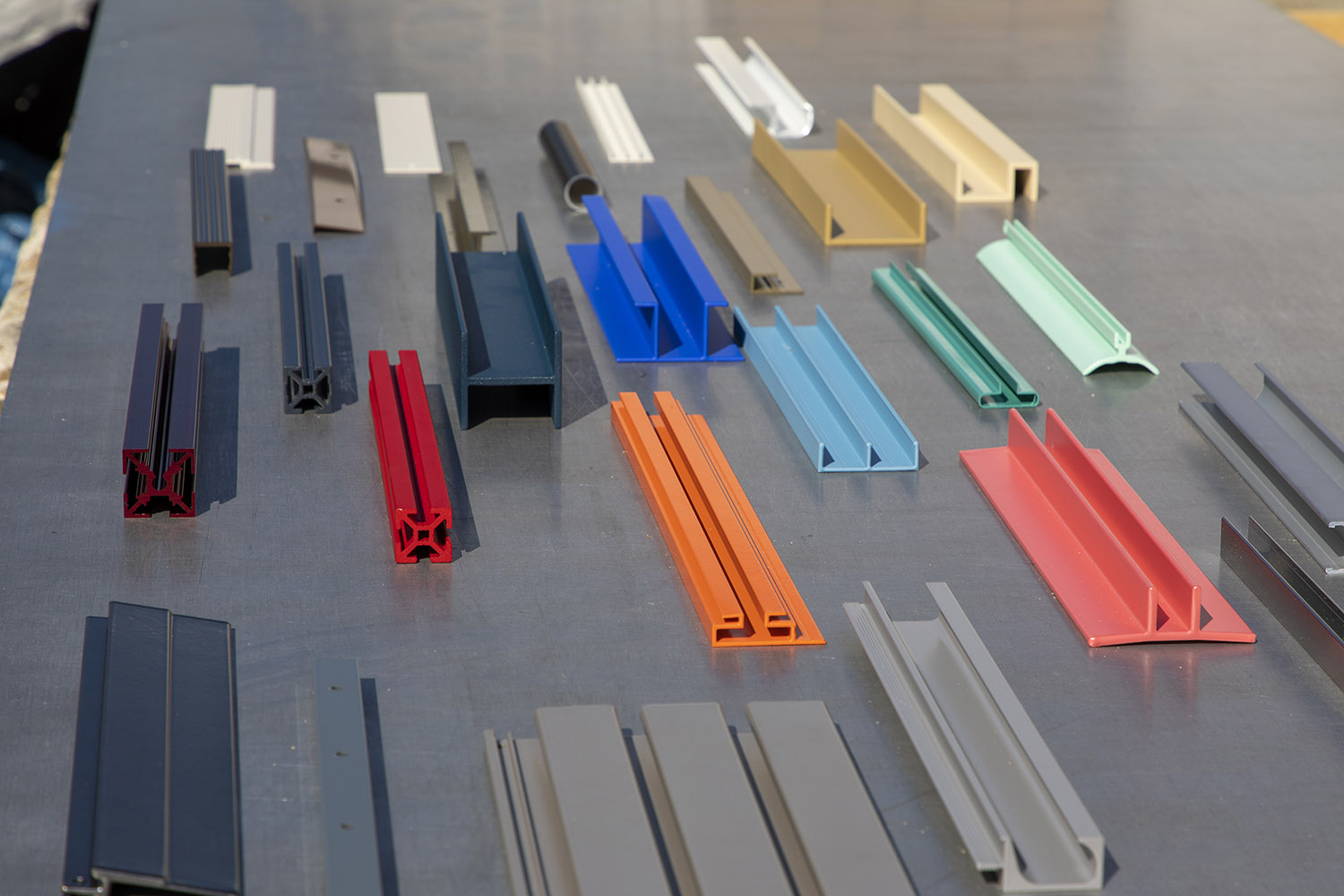Tensile Strength of Metals: When and Why It Matters

Tensile strength, also known as breaking strength, is a measure of how much stress a material can withstand before it breaks.
It is necessary to understand how your unique project is affected by the strength of your materials. Here are some things to consider when choosing between aluminum and other metals.
This article will cover:
- What is tensile strength?
- How is tensile strength measured?
- Yield strength
- Ultimate strength
- Breaking strength
- Why is tensile testing important?
What Is Tensile Strength?
To briefly reiterate, tensile strength is the measure of a material's resistance to breakage. It is one of many characteristics used to determine whether a metal can do the job it is meant to do.
This is a necessary consideration when constructing buildings that incorporate load-bearing metal structures, when crafting tools and appliances, when making shelving and for a number of other scenarios.
How Is Tensile Strength Measured?
The tensile strength of metals is measured by using a special machine to apply a pulling force until the metal breaks. This experiment indicates the maximum load a metal can bear before it fails or becomes permanently damaged.
There are three types of tensile strengths we use to measure the strength of metals: Yield strength, ultimate strength and breaking strength. Consider these measurements when testing how a metal will perform in a specific use-case.
Yield Strength
To understand yield strength, we must first understand plastic deformation. While it sounds completely out-of-place in the discussion of metals, plastic deformation is defined as the permanent deformation (change in shape) of a solid body under the action of a sustained force — the one caveat of this being that the material cannot fracture.
Yield strength, then, is the amount of stress you would need to apply in order to cause plastic deformation. Usually, this is 0.2% of the unstressed length. Keeping the maximum weight limit of your metal below the yield strength will prevent failure.
Ultimate Strength
Ultimate strength is what we frequently interchange with the term “tensile strength.” It is the maximum amount of stress a metal can withstand before necking and eventually breaking.
Necking is a term used to describe the weakening area of a metal that is under tensile load. You can see how the instability presents itself in the illustration below. The final stage of necking is the break in the metal.
Image Credit: Fractory.com, Engineering Blog
Breaking Strength
The third type of metal strength is known as breaking strength — this refers to the amount of stress needed to break the metal once it has essentially reached its breaking point.
The value of the breaking strength will always be lower than a metal’s ultimate strength because you need a lot more stress to weaken the metal to its breaking point. Consider it as “the straw that broke the camel’s back.”
Once a metal has reached its limit, it will break in one of two ways:
- Brittle failure: The material will suddenly break into two or more pieces.
- Ductile failure: The material yields, hardens and then breaks after plastically deforming. A neck may or may not form.
Ductile materials, like aluminum, are commonly used in engineering because the material can experience large pressure changes (for example earthquakes and hurricanes) without experiencing a sudden failure or collapse.
Why Is Tensile Testing Important?
When you are buying materials, you need to know whether they match the strength requirements of your unique project. Not only do you need to adhere to safety standards, consider the cost of repair versus the cost of selecting the right materials to begin with.
Complete Your Next Project With Orange Aluminum
If you have additional questions about the tensile strength of aluminum or if you are looking to choose an aluminum supplier, our team is glad to help!
Orange Aluminum provides standard and custom aluminum extrusion stocking solutions through an unparalleled combination of logistics, technology and innovation. Plus, we work directly with local mills to provide the most competitive pricing to our clients.
Our strength is our customer service, and aluminum is our specialty! Want a quote for your next project? Contact us today — we’re happy to help!



